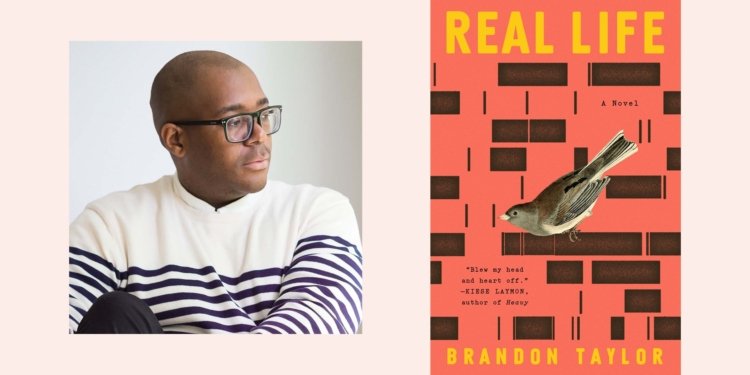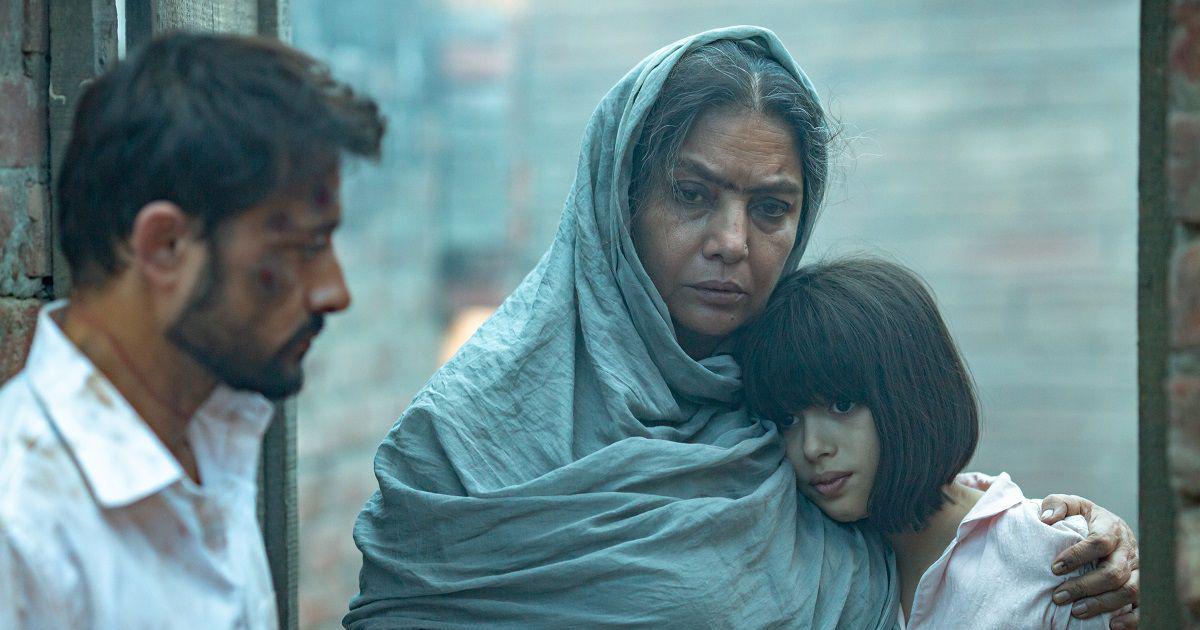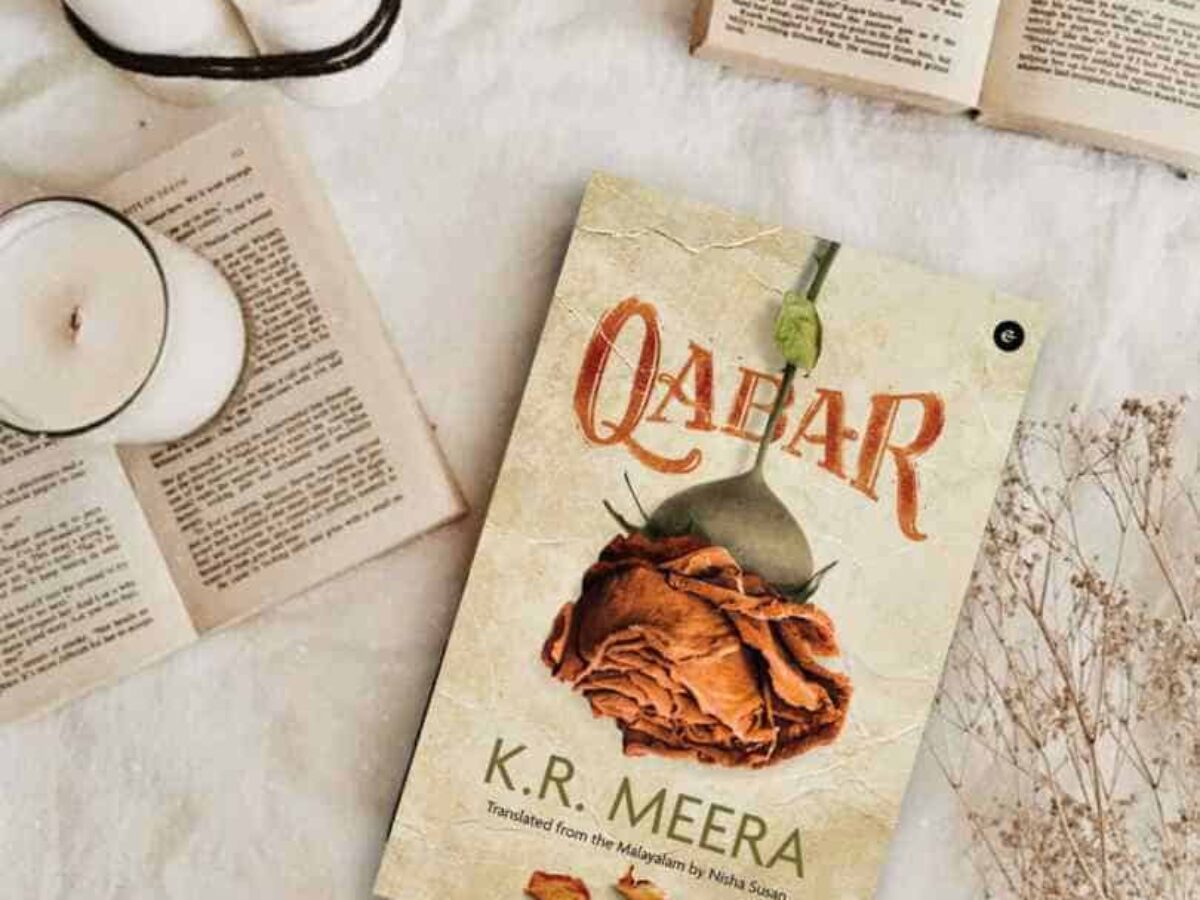Brandon Taylor’s Real Life is a campus novel set in the US that speaks up for the prejudice endured by its black protagonist, Wallace, who is also a gay postgraduate biochemist.
Taylor is an Alabama-born American writer cites the book to be partly autobiographical and written with a subtle motive of highlighting the white dominance.
The novel comes at a time when black lives have been protesting all across the US for their acceptance and against the discrimination they go through. Taylor’s lead character is again a homosexual which is another human orientation that the world has been standing up for lately.
Yet the central question of Real Life, the debut novel from short story writer and Iowa MFA grad Brandon Taylor, is: What is real life? Protagonist Wallace, studying biochemistry at a university in the Midwest is ambivalent as to whether his life as a student could be said to constitute “real life.”
Wallace spends all his time in the lab behind his microscope, studying nematodes. He leaves behind his past a queer black kid and denies the possibility of something more to life than academics and career. On the other hand, he is deeply aware of how white the university is, and he has a sense that this quality makes it unreal. This is exactly why he refers to his friends as “his particular group of white people” and the town local as “real people” as they are of mixed races.
After his abusive father’s untimely death and missing his funeral, Wallace’s nematodes get corrupted. He suddenly suspects sabotage from the racist and homophobic lab-mate who has accused him of misogyny. Things are magnified by his supervisor, who keeps telling Wallace that his work is not up to par and that she cannot have a misogynist in her lab.
All that anguish makes Wallace lash out at his friends, spilling confidential secrets at a dinner party. And as tension within his group rises, the idea of “real life” becomes a weapon that its members bat with each other.
The injustice of Wallace’s story commands our attention but his perspective on white middle-class fuels plenty of low-key comedy as he expresses his own response to the reactions he gets from people in various situations.
Wallace’s feelings are choked away behind piles of detached observations. He uses the same method to process the rest of his life to present it to us: not with sentiment, but with blunt physical detail.
It is only in the end of the book when Wallace looks back to his past that we find emotional and descriptive details. This is very relatable to the author himself as he comes from a background of science.
Taylor uses an engaging, sometimes complex yet largely satirical writing accessing deep and raw emotions.
With the calls for #BlackLivesMatter, I have an intuition that this might just bag the Booker its shortlisted for.







